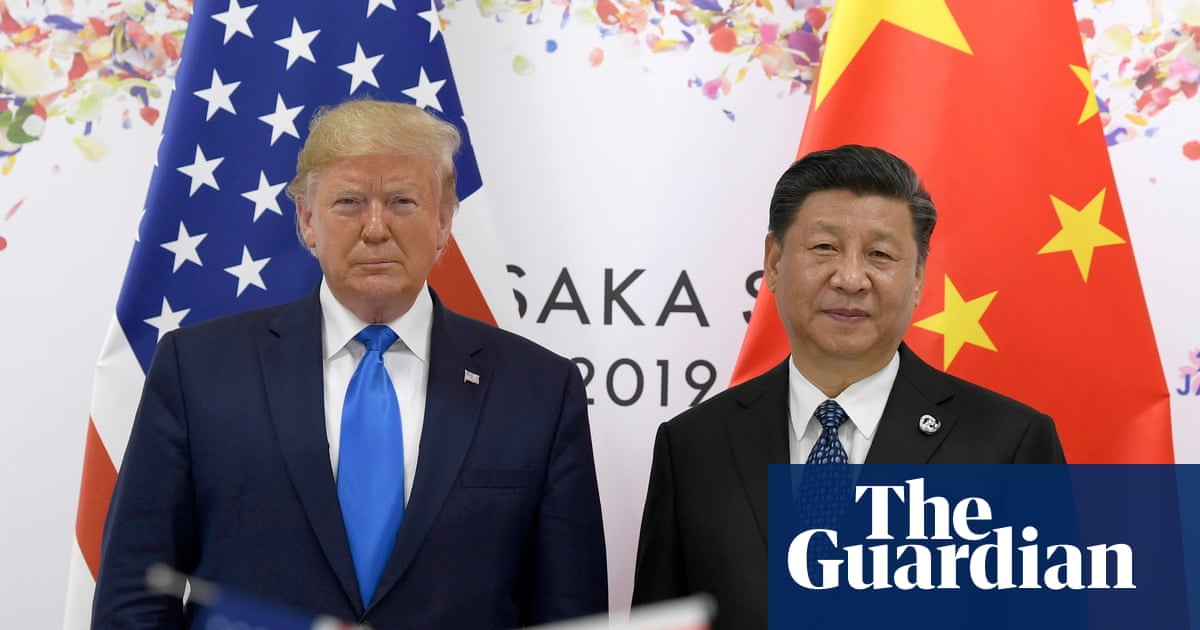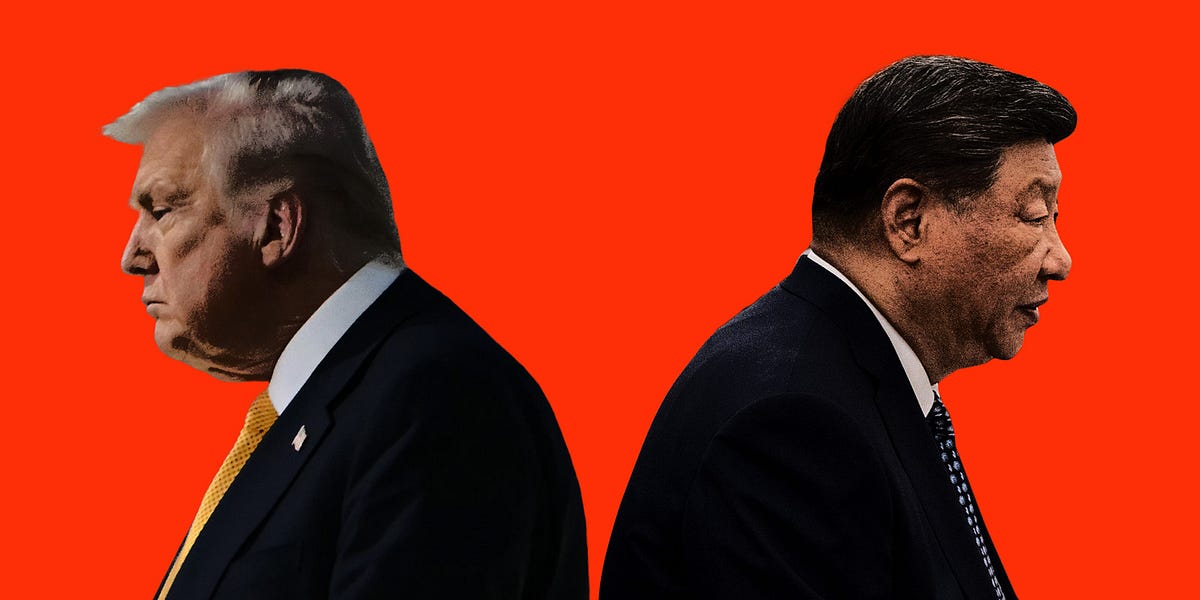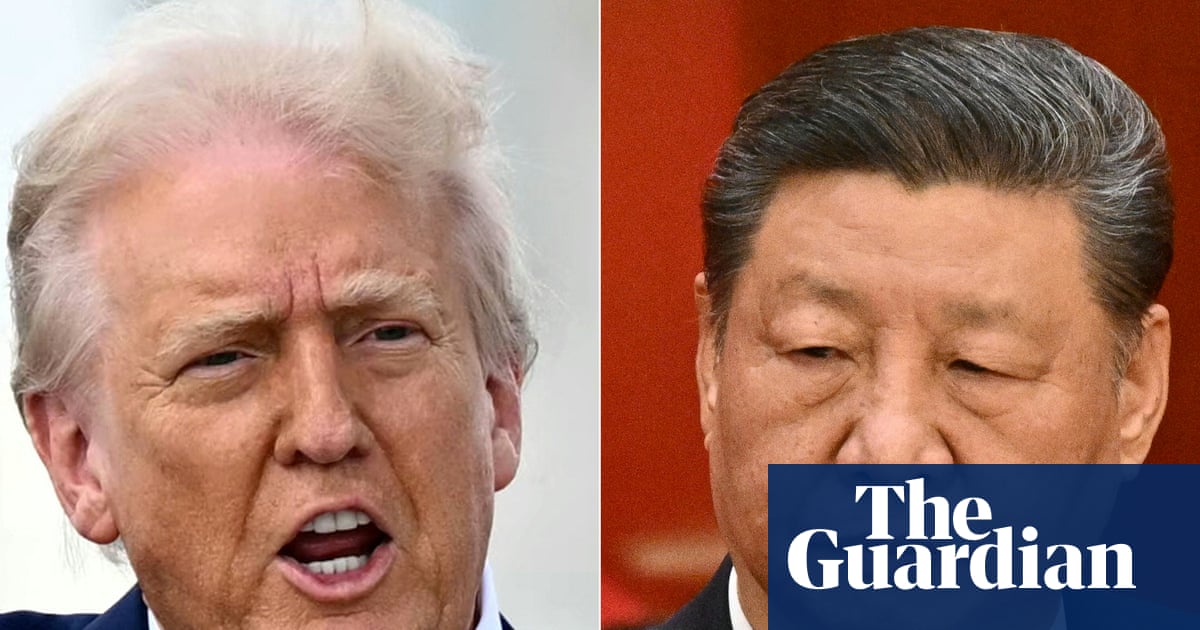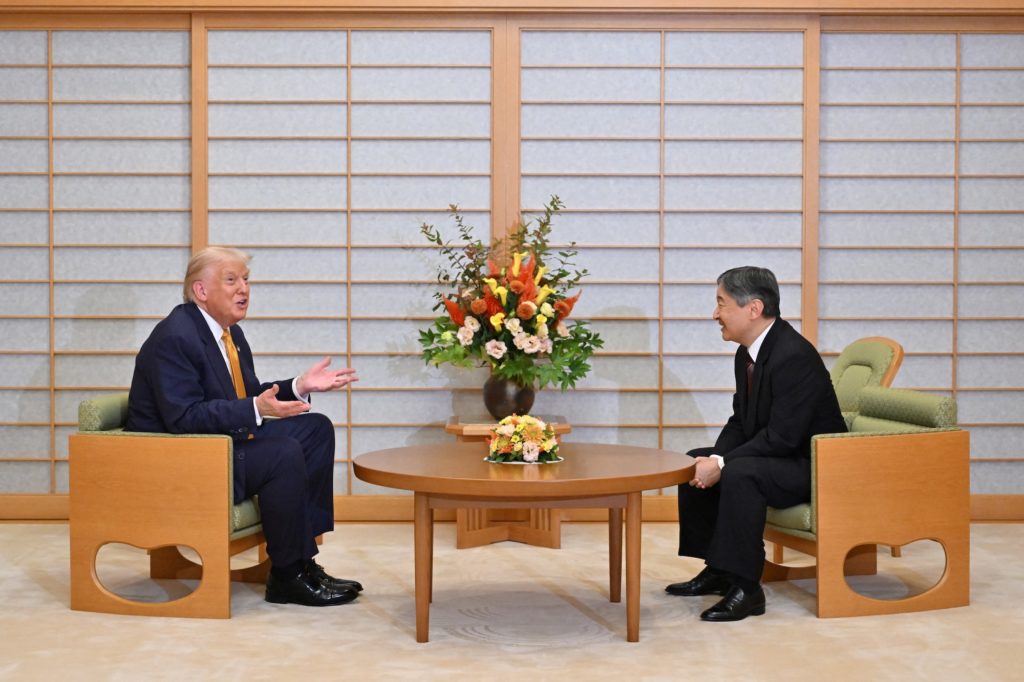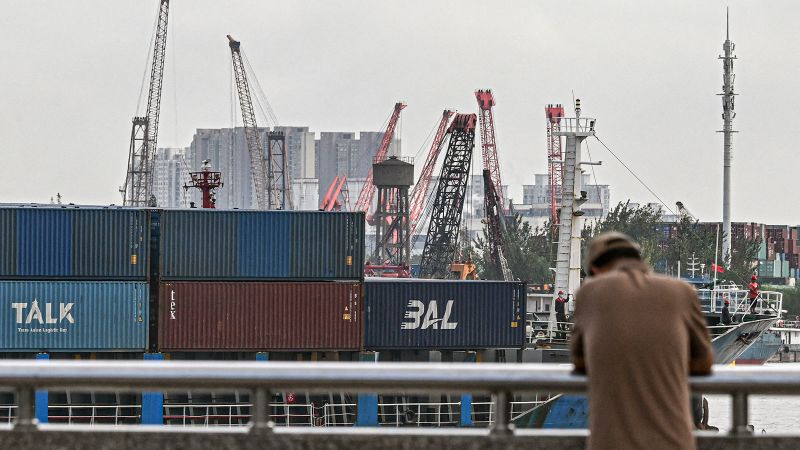Trump and Xi Set for First Meeting Since 2019, Aiming for 'Great Deal' on Trade and Rare Earths
President Trump and Chinese President Xi Jinping will meet, aiming for a 'great deal' on trade, rare earth controls, and tariffs, with 100% US tariffs no longer threatened.
Subscribe to unlock this story
We really don't like cutting you off, but you've reached your monthly limit. At just $5/month, subscriptions are how we keep this project going. Start your free 7-day trial today!
Get StartedHave an account? Sign in
Overview
- President Trump and Chinese President Xi Jinping are scheduled for their first meeting since 2019, aiming to seal a "great deal" to resolve escalating trade tensions and global economic uncertainty.
- US officials anticipate the deal will involve China deferring export controls on rare earth minerals, while the United States delays implementing previously threatened tariff increases.
- This comes amidst heightened tensions over rare earth element disputes and export controls, which Treasury Secretary Scott Bessent highlighted for their global economic impact.
- A preliminary agreement framework already includes China's commitment to significant purchases of American agricultural products, particularly soybeans, to address trade imbalances.
- While Trump expresses optimism for a comprehensive agreement, expectations remain low for a full resolution to the numerous, complex points of contention between the two nations.
Report issue

Read both sides in 5 minutes each day
Analysis
Center-leaning sources frame this story by emphasizing the U.S.-China relationship as a strategic competition and a struggle for dominance. While reporting on potential trade deals, they contextualize these negotiations within broader U.S. efforts to contain China's influence. This framing highlights the adversarial aspects of the relationship, even when discussing cooperation.
Articles (12)
Center (2)
FAQ
In addition to trade, tariffs, and rare earth mineral controls, President Trump has signaled that he will raise concerns over fentanyl shipments from China to the U.S., the status of Hong Kong activist Jimmy Lai, and the ongoing tensions surrounding Taiwan. Trump also mentioned that agricultural purchases—notably soybeans—are a major topic, reflecting domestic political concerns in the U.S. Geopolitical issues, such as China’s relationship with Russia and the war in Ukraine, are also expected to be discussed given the broader context of U.S.-China relations.
If a deal is not reached, the U.S. is prepared to impose tariffs of up to 155% on Chinese imports starting November 1, which would almost certainly lead to Chinese retaliation, escalate trade tensions, and risk global market instability. This could end the current truce in tariff increases and deepen the economic rift between the two countries.
A preliminary agreement includes China’s commitment to increased purchases of American agricultural products, especially soybeans, addressing one of the major trade imbalances. However, details on other points, such as export controls on rare earth minerals and the structure of future trade relations, have not been fully disclosed. The preliminary agreement is intended as a framework for further negotiation rather than a comprehensive resolution.
Rare earth minerals are crucial for high-tech industries, including renewable energy, defense, and electronics. China’s dominance in rare earth production and export controls gives it significant leverage in trade negotiations. U.S. officials have highlighted the global economic impact of these controls, making this a key area of negotiation. Any agreement on rare earths would have broad implications for supply chains, technological competition, and strategic autonomy.
Both leaders have expressed willingness to continue dialogue. President Trump has announced plans to visit China in early 2026, and President Xi is expected to reciprocate with a visit to the United States at a suitable time. These future meetings signal an intent to sustain diplomatic engagement amid ongoing tensions.
History
- 7d

 3 articles
3 articles
- 7d

 3 articles
3 articles



